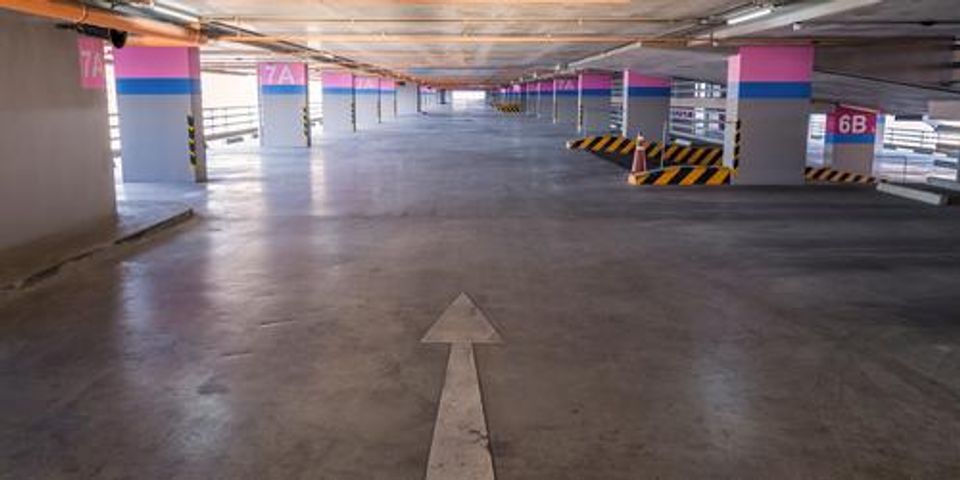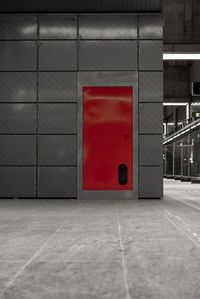Tri-State Coatings & Repair Answers Top 4 FAQs on Concrete Sealer

Known for its durability and versatility, concrete flooring has become the go-to choice for many property developers and business owners. These benefits, however, may be short-lived if your floors do not receive proper protection. As Tri-State Coatings & Repair explains, the best way to ensure a strong, resilient, and long-lasting concrete floor is to use a concrete sealer. Known for being Ohio, Kentucky, and Indiana’s most trusted flooring contractors, these experts are familiar with the many inquiries people have about the product. Below, they'd like to offer some clarity on the matter.
When it comes to using a concrete sealer, these are some of the most common questions people have:
Top 4 Concrete Sealer FAQs
Why Should I Use Concrete Sealer?
Concrete’s porous structure means it will easily absorb liquids or substances. If left unsealed, your concrete flooring may become discolored or damaged due to oils and chemicals. In environments where extreme temperature fluctuations are common, freezing, thawing, and, subsequently, the expansion of liquids can eventually lead to cracking.
Which Surfaces Benefit from Sealer?
As previously mentioned, if your concrete faces freezing temperatures, it can easily suffer from damage. This is why surfaces, especially exterior ones, should always be protected with a concrete sealer. When it comes to indoor concrete, factors such as traffic, exposure to chemicals, and aesthetics will determine which surfaces should be sealed and what types of sealers to use.
Will the Surface Become Slippery?
Most concrete sealers will not leave an incredibly slippery surface, especially reactive chemical penetrating sealers. However, some topical sealers can create a very smooth surface when used. In these instances, Tri-State Coatings & Repair will apply slip-resistant floor coating.
How Long Does Concrete Sealer Last?
Reactive chemical penetrating sealers can last up to ten years with proper application, care, and cleaning. Topical sealers like acrylic resins tend to have a much shorter lifespan, usually only lasting a maximum of three years.The trade off with acrylic resins is that they are more affordable and easier to apply. Epoxy or urethane systems are also topical but can last anywhere from five to ten years. However, it's important to take into consideration the amount of traffic your surface may face, as this could cause unforeseen changes to its lifespan.
If the concrete surfaces of your workplace or property need a sealer, feel free to contact Tri-State Coatings & Repair for more information. Beyond sealer, they also offer a wide variety floor coatings, such as decorative vinyl chip and quartz. They also offer polishing services! You can learn more about their services online or by calling (513) 777-1234.
About the Business
Have a question? Ask the experts!
Send your question

